The criminal background check industry is bracing itself for significant changes in 2024, as industry leaders prepare for the Consumer Financial Protection Bureau (CFPB) to potentially change its interpretation of the provisions within the Fair Credit Reporting Act (FCRA) as well as the way it enforces the statutes. These proposed changes mean that FCRA as we know it should likely be “read differently” by those within its scope.
In this blog post, we’ll recap the key considerations and potential changes that we picked up from our time at the PBSA Annual Conference. Read on for what to prepare for and if you’d like to get in touch with our team of experts at any point (to discuss, or maybe even de-stress :), don’t hesitate to drop us a line.
Expanding the Scope of “Consumer Report”
One of the most significant changes being considered is the expansion of the definition of a “consumer report.” In 2024, this could include covering credit header data and even treating Know Your Customer (KYC) and other reports provided to end-users for fraud and identity-related purposes as consumer reports. This expansion broadens the range of information subject to FCRA regulations, affecting how Consumer Reporting Agency (CRA) providers access and utilize these data types.
Permissible Purposes Under Scrutiny
FCRA may limit the permissible purpose known as “account review.” Companies requesting information for account reviews will face stricter scrutiny, aligning more closely with guidelines set forth by the Federal Trade Commission (FTC).
Additionally, there’s a push to drop “eligibility” from the consumer report definition, due to concerns around fraud direction and ID Verification products used as a tool for extending credit or confirming employment.
Enhancing Accuracy in Consumer Reports
Predicted 2024 CFPB revisions and rulemaking will place a greater burden on CRAs to prevent the inclusion of “junk data” in consumer reports. This includes ensuring accuracy in scenarios involving minors opening accounts and resolving contradictory data, highlighting the importance of robust data verification and validation processes.
If you’re looking for increased accuracy from your criminal data provider, we’d love to connect and share how we’re raising the bar for our national criminal database and broader suite of criminal intelligence products.
Challenges in Record Matching
Accurate record matching is a critical aspect of background checks – without it, companies waste time and money and this leads to a frustrating experience for the end user. The CFPB has recently issued an opinion that the governing of name-only matching, “possible” matches, and the use of disclaimers will be under review for compliance.
CRA providers will need to reevaluate their matching policies and ensure they meet the evolving requirements, with a shift towards requiring more comprehensive data for accurate matches. For example, CRAs may need to collect more personally identifiable information (PII) from users before completing a background check, for example, experts alluded to requesting all nine digits of a Social Security Number (SSN) when available.
Data Furnishing Requirements
New FCRA interpretations may require the reporting of specific data types, such as Buy Now Pay Later (BNPL) providers reporting payment history to CRAs. Full-file reporting could become mandatory, while restrictions on the reporting of certain types of debt (e.g., medical debt) to CRAs might also be introduced.
Debt Collection and Debt Buying Regulations
To enhance transparency and fairness, 2024 FCRA interpretations may impose stricter requirements on the furnishing of debt collection information. Third-party collectors may need to provide adequate substantiation of the debt they furnish, safeguarding consumers’ rights.
Consumer Disclosures and Credit Scores
The predicted changes in CFPB enforcement aim to improve consumer access to credit scores, requiring free scores and increasing access to score information, such as rental scores resulting from tenancy background screenings to determine the eligibility of a rental applicant. There could also be limits on the use of consumer information for trigger marketing products (trigger marketing is a form of advertising that uses targeted messages or alerts sent at a specific time based on a user’s unique actions, behaviors, or personal profile data).
To reduce bias and increase inclusion, CRAs may become required to translate consumer reports and provide assistance or notices in languages frequently used by limited English-proficient consumers.
Additionally, the Joint User Exception and Affiliate Sharing Rule might see limitations in providing consumers with more transparency and choice in how their data is used. Ultimately this prediction makes sure CRAs are clear on consent and raises the bar for how they value a consumer’s personal information and communication preferences. This can affect trigger marketing campaigns and other acquisition channels.
Addressing Disputes Effectively
To assist consumers in fixing errors in their consumer reports, predicted FCRA revisions may establish the Office of Ombudsperson, a dedicated independent institution driven by integrity and transparency whose role is to give due consideration to the views and opinions of stakeholders to ensure fairness in the financial services sector during dispute resolutions.
Additionally, tailored complaint responses and regulations concerning the use of technology, including AI and ChatBots, are under consideration to streamline the dispute resolution process.
Dispute resolution remains a priority – as the volume of background check disputes continues to rise annually, CRAs will need to clarify for consumers, “What happens to my data?”.
Background Checks Under Scrutiny
FCRA changes may impose limits on access to and use of specific information in background checks, including credit reports, eviction reports, and criminal records.
The focus is on ensuring that the information used in these checks remains relevant to the purpose for which it’s sought. Background screeners may be required to verify records retrieved through automated searches using the records’ original sources. For top CRAs in the industry, most are already choosing to not solely rely on automation to provide data and have a best practice of using the record’s original sources to ensure accuracy.
Rules Affecting Data Aggregators and Data Brokers
Finally, new FCRA interpretations may redefine the meaning of “eligibility” as they relate to data brokers and aggregators, potentially categorizing them as CRAs due to their role in “assembling and evaluating” data for reporting purposes. This could result in increased regulation and oversight for data brokers and aggregators, even if they don’t consider themselves traditional CRAs.
Where to Go From Here?
As changes to FCRA policies and legislation loom on the horizon, criminal background check providers must remain vigilant and adaptable. Staying informed about these potential rule revisions and proactively adjusting your processes and policies will be essential to navigating this evolving landscape effectively. Compliance and a commitment to maintaining the highest standards of data accuracy and privacy will continue to be paramount in this rapidly changing environment.
If you’re exploring ways to mature or uplevel your criminal database sources to prepare for increased regulation and revisions in 2024, we’d love to connect and walk through our industry-leading product lines (from automated criminal records at the state and county level to our expansive national criminal database). You can get in touch with our Sales team online here.




